The Australian government is being criticised for its failure to take up an offer from New Zealand to resettle 300 refugees living on Manus Island and Nauru.
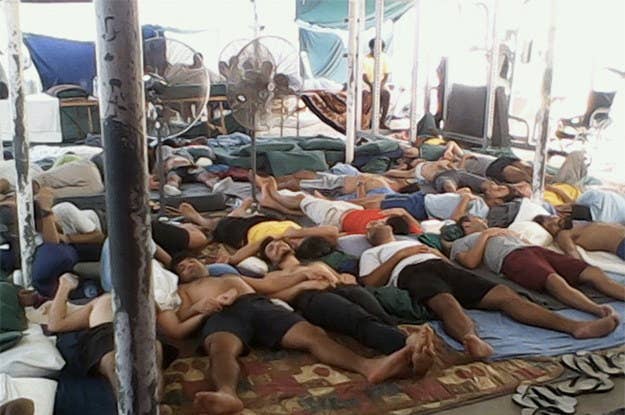
In 2013, New Zealand agreed to take refugees from Australia under a deal struck between Labor's then-prime minister Julia Gillard and New Zealand prime minister John Key, who remains in office.
New Zealand said it would set aside 150 places within its annual quota to take refugees from Australia's detention centres each year, starting in 2014.
But New Zealand officials say Australia hasn't let that plan go ahead. So instead, they will be giving the resettlement places to Syrian refugees.
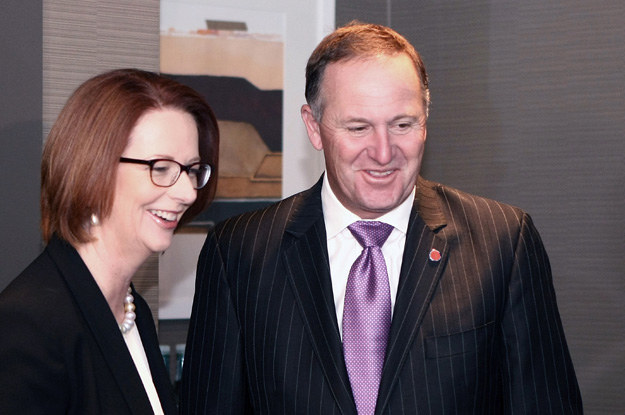
"It is for Australia to take up the offer to utilise the up to 150 places and to date they have not done so," said a spokesperson for New Zealand immigration minister Michael Woodhouse.
The issue of refugee resettlement has been a thorny one for the government.
Under the harsh immigration policy designed to deter asylum seekers, people who try to come to Australia by boat are told that they will not be resettled in Australia, even if they are found to be genuine refugees. You remember the ads:
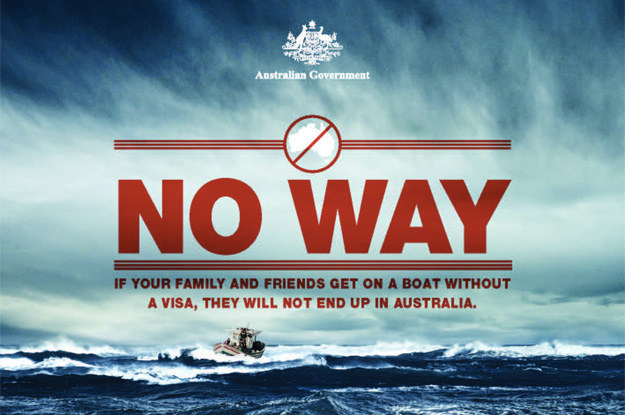
But that means Australia has to figure out somewhere else to put the refugees.
The Nauruan government is only letting refugees stay on the tiny Pacific island for five years, so in 2014 the government struck a deal with the Cambodian government.
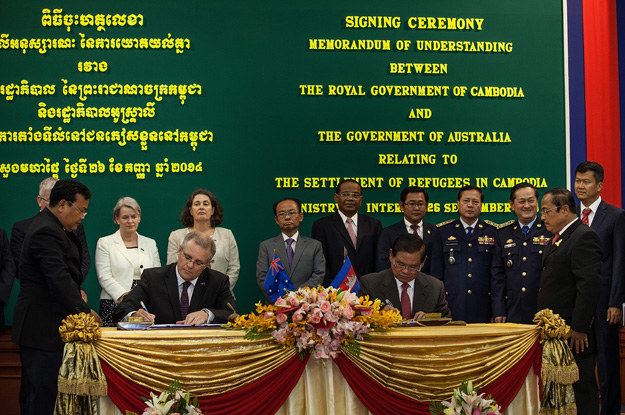
Cambodia's opposition party, human rights groups and the UNHCR all spoke out against the deal. It cost Australia $55 million but as far as value for money goes it has been a dud.
So far only five refugees have been resettled in the impoverished southeast Asian country.
So now immigration minister Peter Dutton is desperately looking for other countries to strike a resettlement deal with, including the poverty-stricken Central Asian country of Kyrgyzstan. The Australian reports the government is also in negotiations with other former Soviet countries as well as countries in Africa and South America.
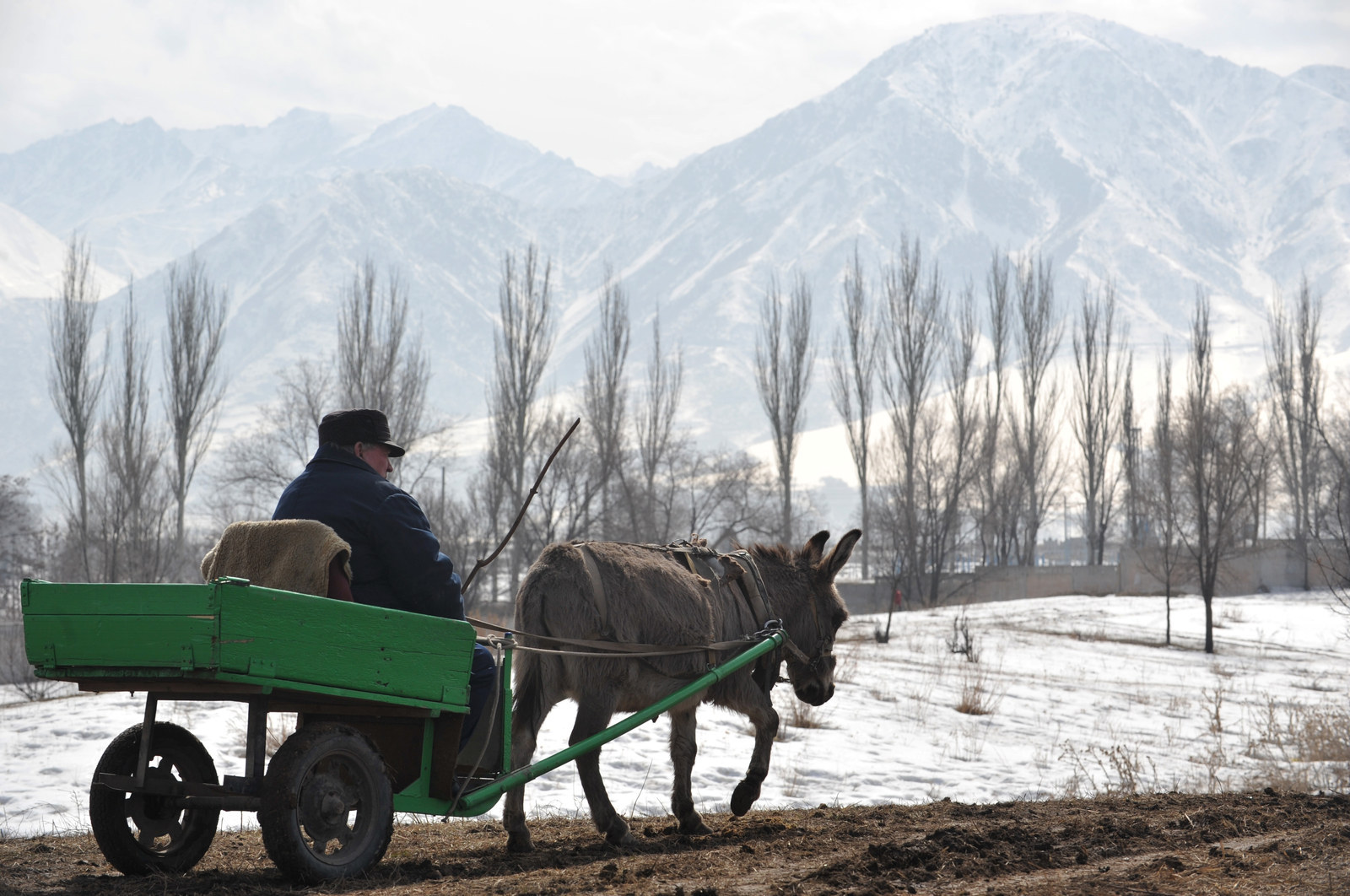
So why not New Zealand?
Well, the Coalition has never been a fan of the idea. At the time of the deal with New Zealand, then-opposition immigration spokesperson Scott Morrison said it would do nothing to deter immigration by boat.
"What this arrangement has the risk of doing is putting a bit of Kiwi sugar on the table for people smugglers," he said at the time.
Kiwi sugar on the table. So does that mean Australia is only looking to resettle refugees in poor countries that aren't so, well, sweet? Tim O'Connor from the Refugee Council of Australia says it certainly looks that way.
"It's extremely puzzling why the government wouldn't take up this offer," he told BuzzFeed News. "It does suggest a solution for more than 80 children who are suffering on Nauru. There are reports of sexual abuse and rape of women and children and this was an obvious solution available to the government.
"If they were serious about ensuring their protection then here was an obvious opportunity to help them, instead of looking at crazy solutions like the Philippines and Krygyzstan," he said.
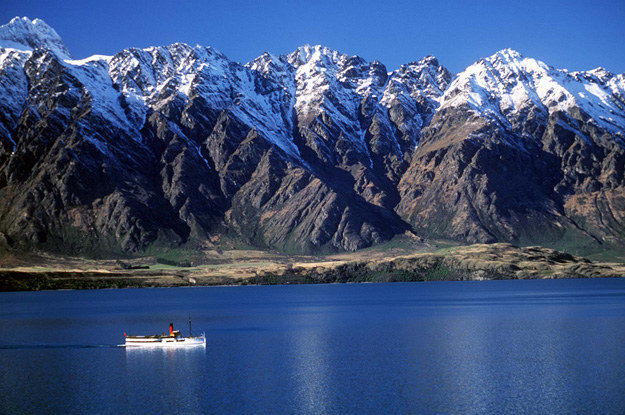
The Refugee Council argues that another reason the Australian government doesn't want to resettle refugees in New Zealand is because it undermines the "you'll never come to Australia" line that has worked so well for it.
Under NZ law, refugees would be eligible to become citizens of New Zealand after five years residence. As citizens they'd be allowed to live and work in Australia under the Trans-Tasman Travel Arrangement.
"They're worried that New Zealand could be a consolation prize, and then they could come to Australia. You can only see this as a very punitive measure that's been taken by the government."
The Greens have also criticised the government for not taking up the offer.
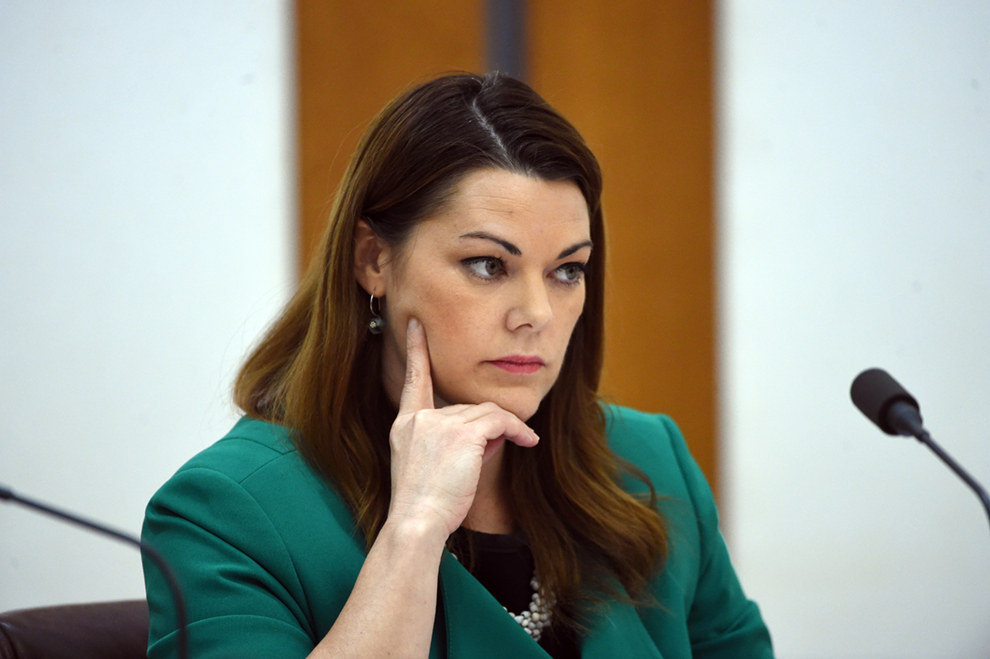
"If the government was actually interested in resettling people and letting them rebuild their lives it would have leapt at this opportunity," immigration spokesperson Sarah Hanson-Young said in a statement.
"Instead they have chosen to continue to punish men, women and children for seeking a better life."
A group of refugees on Nauru sent a letter to the New Zealand government asking to be resettled.

“Australia will not accept us despite us asking them for safety,” the letter, obtained by Guardian Australia, reads.
“They gave us to the Nauru government and told us we were now their responsibility. Nauru has not given us, and does not have the means to give us, permanent protection and safety."
Prime minister Malcolm Turnbull has maintained his party's hardline position on resettlement.
"It is absolutely clear that there will be no resettlement of people on Manus Island and Nauru in Australia. They will never come to Australia," he told ABC Radio in September.
Despite Turnbull expressing concern at the standards at the detention centres, new statistics from the immigration department show that processing times for asylum seekers are getting longer.
Of the 1792 people in immigration detention facilities, 23% have been held for more than two years. People are being detained for an average of 445 days. But even when they are released from detention, the future of refugees remain uncertain.
With the movement of refugees from Syria and the middle east one of the biggest issues the international community is grappling right now, it will only get more difficult to find a place to resettle refugees, as fewer countries will be willing to pick up Australia's slack.
Peter Dutton did not respond to BuzzFeed News' request for a comment.
